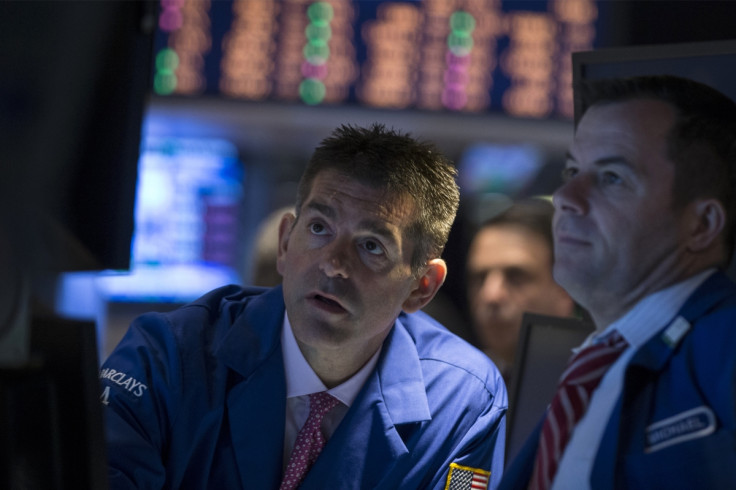Barclays 'Dark Pool' Concerned Traders and Clients Months Before US Lawsuit

Barclays' dark pool trading platform concerned a number of trading firms and employees months before the New York Attorney General slapped the bank with a lawsuit centring on its high frequency trading (HFT) practices, says the Wall Street Journal.
The New York Attorney General Eric Schneiderman based his securities fraud lawsuit around internal communications provided by former Barclays employees.
The lawsuit centres on claims that Barclays maximised profits by executing a bulk of transactions through HFT and on so-called 'dark pools' - trading platforms that do not disclose trade or party details publicly until after the transaction is completed. The practice takes place despite the fact clients could have got a better deal on regular exchanges.
"The facts alleged in our complaint show that Barclays demonstrated a disturbing disregard for its investors in a systematic pattern of fraud and deceit," said Schneiderman.
"Barclays grew its dark pool by telling investors they were diving into safe waters. According to the lawsuit, Barclays' dark pool was full of predators – there at Barclays' invitation," he said.
"No regulator – no matter how broad their authority – can succeed on its own. I want to personally thank those that have courageously reported wrongdoing to our office and encourage others to do the same."
Schneiderman added that Barclays claimed that dark pool trading allowed it to "protect" clients from "predatory traders" by using HFT speed to get better prices for customers, however he alleges that Barclays in fact used this practice to court the very traders it claimed to avoid.
Barclays said "we take these allegations very seriously" said at the time that it is cooperating with authorities, looking at the matter internally, and that the integrity of markets is a top priority.
The WSJ report said Barclays is expected to respond to the allegations by arguing that certain emails and other documents cited in the regulator's complaint were taken out of context.
"We are working urgently to understand the situation. We are undertaking a full internal investigation into these allegations, which will report directly to me. To assist us in that we have brought in substantial external resources to ensure that the investigation can proceed at pace and is properly objective. That is critical," said part of the memo.
© Copyright IBTimes 2025. All rights reserved.






















